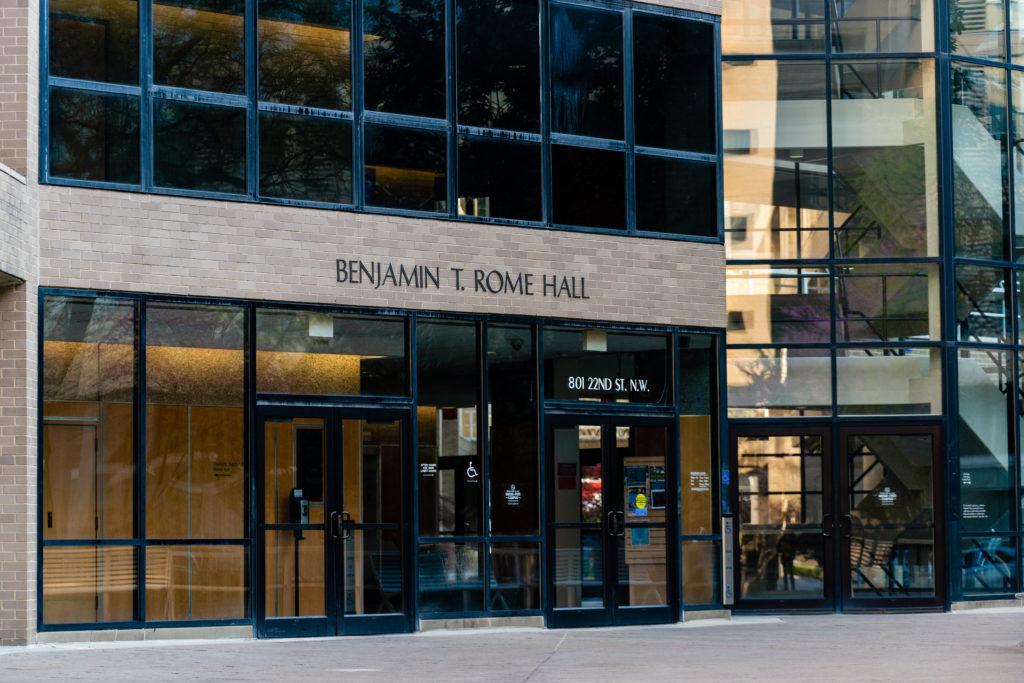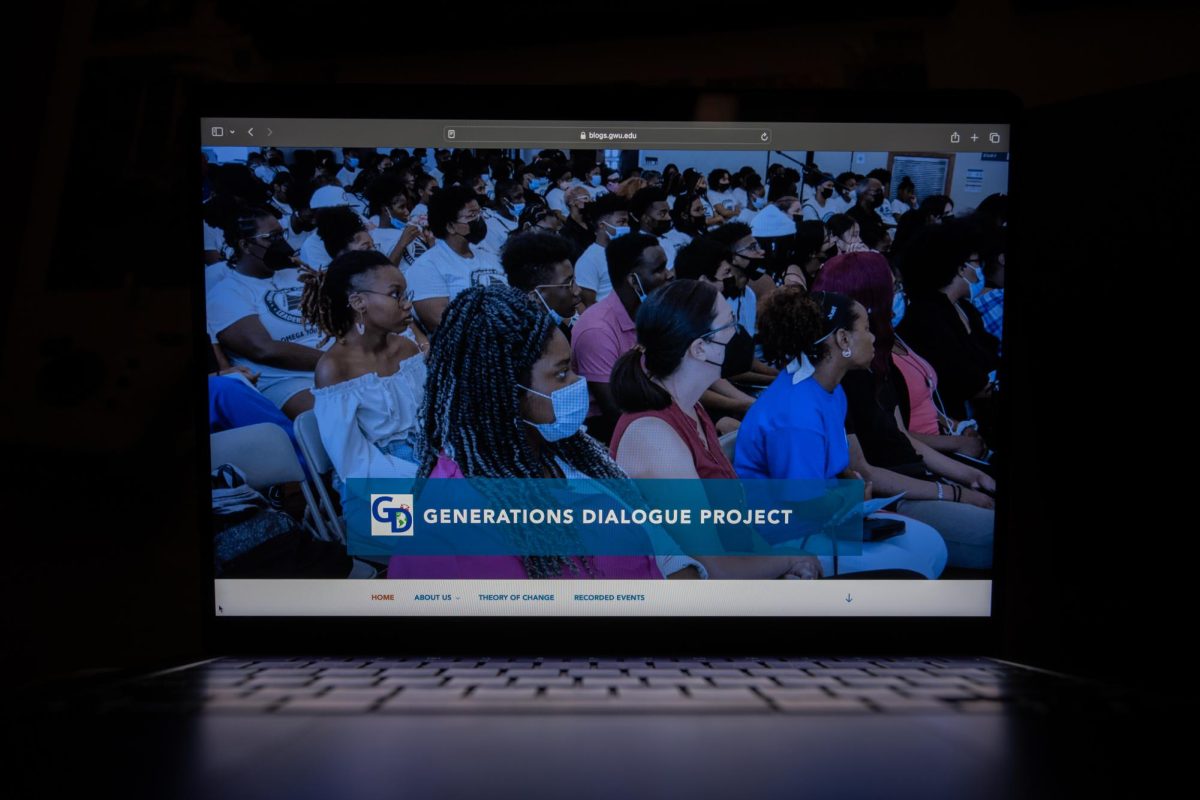The number of criminal justice majors hit a 10-year high this fall, continuing a four-year trend of increased interest in the subject, according to institutional data.
The sociology department tallied 133 criminal justice majors this year, an almost 40 percent jump from the 96 majors last year. Sociology department faculty said experienced, popular criminal justice professors and ongoing conversations on social injustice surrounding Black Lives Matter protests during the summer likely sparked heightened interest in the major.
Daina Eglitis, an associate professor of sociology and the undergraduate program coordinator for the department, said the increase in criminal justice majors can be attributed to an “amalgamation” of factors, one being that the sociology department offers “strong” introductory criminal justice courses and professors who help students form a foundation for interest in the topic.
“While a lot of students come in with some interest and orientation toward criminal justice, it’s really these sort of gateway intro courses that, in a sense, can determine if they ultimately choose that path,” Eglitis said.
She said criminal justice faculty members have worked at government agencies like the U.S. Department of Justice, which provides students with professional insight in the criminal justice system and “enriches” classes. She said majoring in criminal justice prepares students to go to law school or pursue careers paths in the FBI or DOJ.
Eglitis said she has also noticed an increased interest in criminal justice in the past five years generated by its growing popularity in pop culture, through crime television shows like “NCIS” and “Mindhunter.” She said students have told her they became more interested in pursuing careers in criminal justice after seeing them portrayed in the media.
“Pop culture generated interest just gets people thinking about ‘Oh, it would be cool to be a profiler for the FBI or something,’” she said.
Eglitis said faculty would like to offer more criminal justice courses in the future to meet the increased interest, but recent budget cuts implemented to mitigate the financial impact of the COVID-19 pandemic have made it difficult to do so.
Fran Buntman, an assistant professor of sociology, said news and entertainment media have helped demonstrate the importance of criminal justice in American society. She said when she started teaching criminal justice at GW in 2002, popular TV shows portrayed a “simplistic” image of the study, focusing on prosecutors and highlighting police as the heroes, but she said a recent increase in awareness before and after this summer’s BLM protests has changed that narrative.
“That isn’t just about people who are victims of crime or perpetrators of crime,” she said. “It’s about fundamental rights. It’s about the meaning of democracy.”
Buntman added that personal and educational support from sociology faculty could explain the surge in majors.
“We’re a tiny department that gets way too little support from the college and the University,” Buntman said. “But nevertheless, we’ve managed to really offer some really terrific classes, and we’ve cultivated really terrific students.”
Carlos Bustamante, an assistant professor of sociology, said student interest in the major could have grown after activists inspired conversations about criminal justice during protests over the summer.
“They’re really forcing conversations in the field of criminal justice and in the political sphere that are really making it so that there’s a greater interest from a broader swath of students from a broader population in the topic of criminal justice,” Bustamante said.
Sociology department faculty updated their curricula this year to incorporate the BLM movement into their classes, through a new course on policing and panel discussions on how sociologists study racism.
Bustamante said the increased interest in the major can also be found within the “proactive role” students play in the department, like with the recently founded Criminal Justice Student Association and the student-led research partnership between the Black Student Union and the Nashman Center for Civic Engagement and Public Service to research and draft reforms for the Metropolitan Police Department.
“There’s not only been the quantitative increase but really a qualitative enthusiasm that’s evident in the students who are in the program because of the moment that we’re living in, because of the conversations that are happening in the sphere outside of the campus,” Bustamante said.







